Who needs a modular smartphone? What Project Ara Turns Into
Google has been working on the modular Project Ara smartphone for several years, and the device was supposed to go on sale in 2015. This did not happen, but the project was "buried", in vain: in the fall of this year, developers will receive an updated version.
"Modularity" has become less. Let's take a look at the history of this project and discuss how much its concept has changed.
In May 2011, Google bought an Israeli Modu patent portfolio related to modular phones, Cnet wrote with reference to the Israeli edition of Calcalist. Modu sold a miniature base phone that could be inserted into various cases to change functionality, but failed and in 2010 was forced to cut more than half of 130 employees. This base was the lightest phone on the planet according to Guinness.

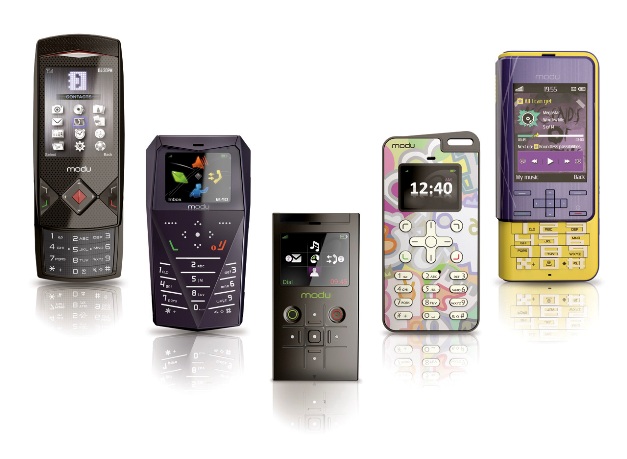
In 2013, Phonebloks announced the development of a modular smartphone. The goal was to create a smartphone that could be easily repaired by replacing the modules.
A month later , Motorola, then owned by Google, announced a modular smartphone and announced a collaboration with Phonebloks. It became known that the company will also cooperate with the manufacturer of 3D systems printers. In early 2014, Google announced that the Project Ara modular smartphone will go on sale in 2015 .
According to the developers, the basis of the smartphone is an aluminum platform, on which other modules need to be "strung". By default, a Wi-Fi module and a battery had to be installed in the smartphone, and the entire base should have cost about $ 50. A hot bonus could be a "hot" change of modules.
But, as we all know, the smartphone did not go on sale, and Motorola Mobility Google sold Lenovo.
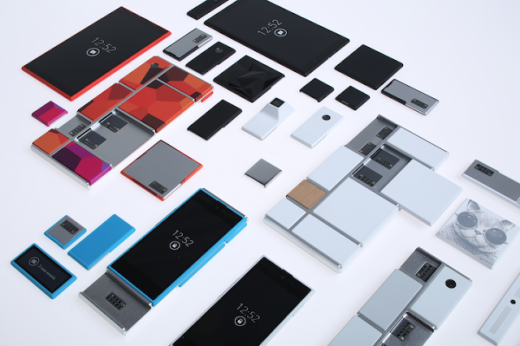
The modular smartphone project was opened to third-party developers in 2014. Google planned three types of platforms - small, medium and large - from small smartphones to phablets.
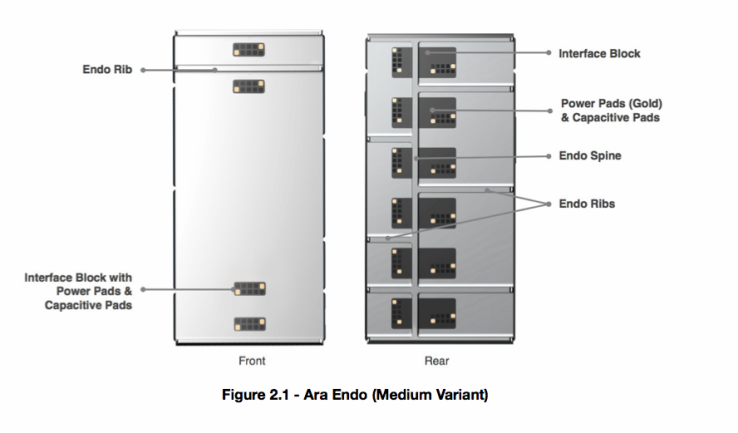
The closest project to Google at that time was ZTE 's Eco-Mobius . He also suggested replacing important components.
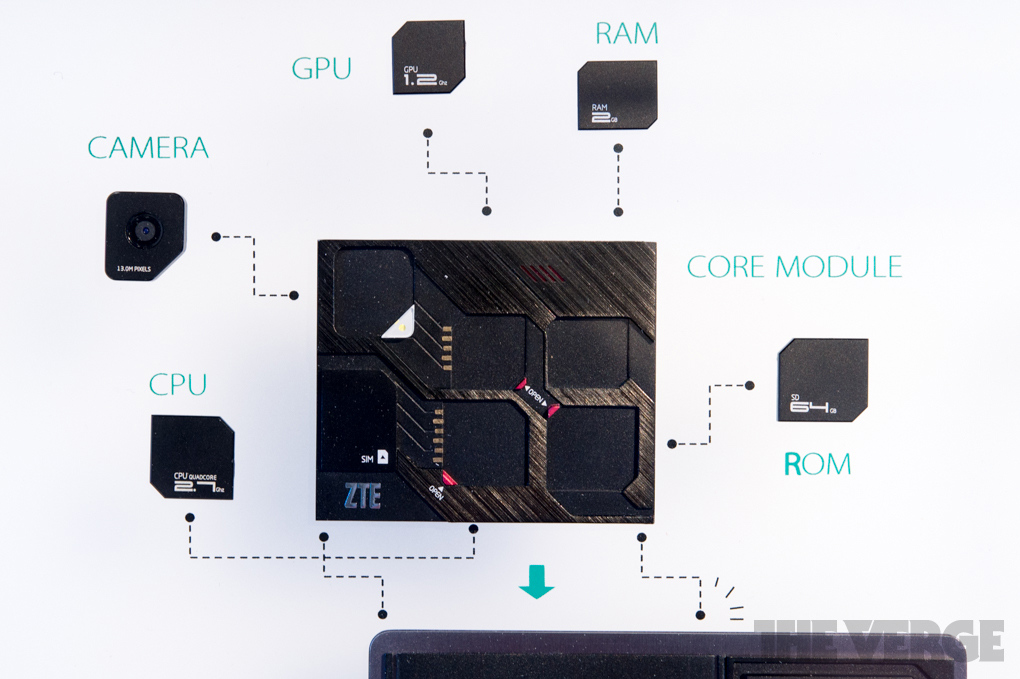
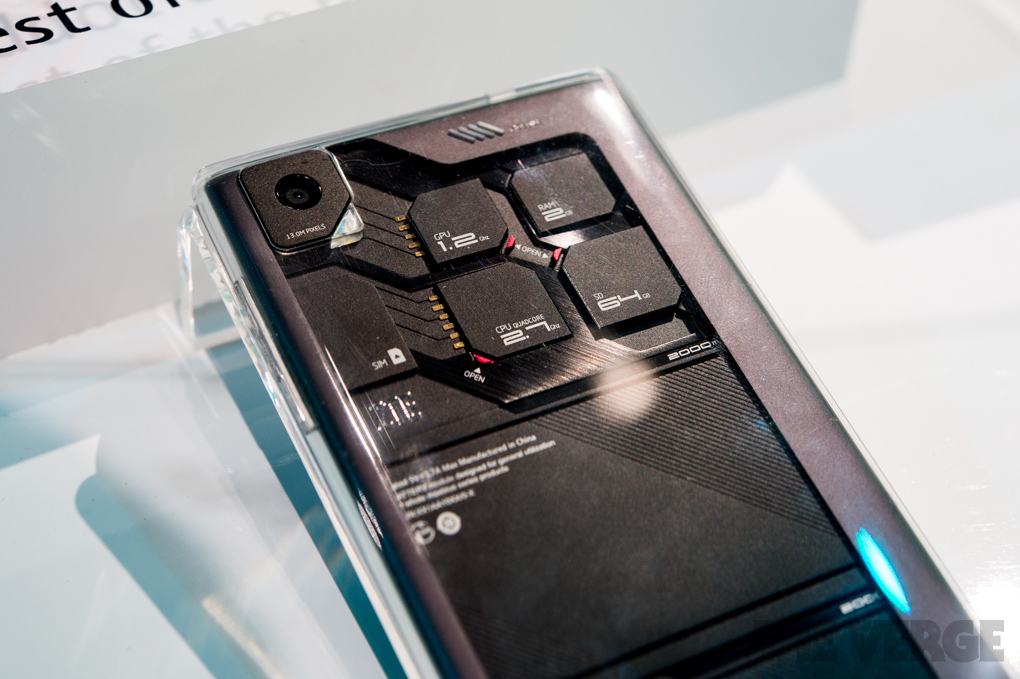
Despite the deadlines and cancellation of the start of sales, Project Ara did not die. In the fall of 2016, developers will receive the first modular smartphones. In May of this year, The Verge journalist saw the smartphone live and talked about innovations.
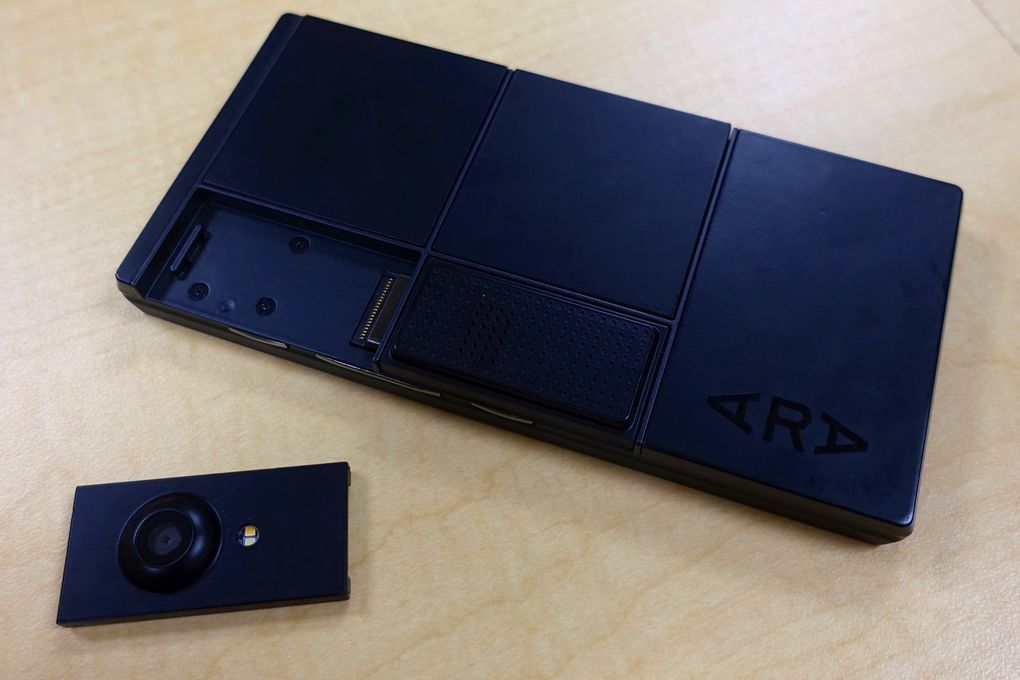
The concept itself has undergone a number of very important changes, which designer Dave Hakkens, creator of Phoneblok, criticized . If initially it was the basis into which the user had to insert modules at his discretion, then the new Project Ara is a smartphone that can be supplemented with modules.
Let's take a closer look at the two main, in my opinion, changes that Hakkens wrote about.
The base of Ara contains all the functionality of a smartphone. The skeleton contains not only a Wi-Fi module and battery, as Google developers originally proposed. The base received a processor, antenna, sensors, battery and display. And all the "modularity" is the installation of several additional units. Among these blocks may be cameras, speakers, scanners and others.
That is, you initially buy a phone - the most common. And an extra opportunity to complement it. After a couple of years, you will still be forced to change it, because it will become obsolete.

Project Ara was created as an “open” platform where any developers could make modules by standards. It was an ecosystem, but now everything has changed: Google will be in share - and it will control everything by setting its own rules. At any time, Google can change the connectors for the modules or their design, which will make all devices available up to that point unnecessary.
This will make other companies compete with each other, instead of working together. That is, they will make their own modular smartphones with their own connectors. We will get a market for various platforms and incompatible modules.

The original concept has changed, making the "modular smartphone" a regular smartphone with advanced features. What seemed like a “designer” that could increase the life of the device due to its changes with the advent of new technologies, became similar to the LG G5 .
"Modularity" has become less. Let's take a look at the history of this project and discuss how much its concept has changed.
In May 2011, Google bought an Israeli Modu patent portfolio related to modular phones, Cnet wrote with reference to the Israeli edition of Calcalist. Modu sold a miniature base phone that could be inserted into various cases to change functionality, but failed and in 2010 was forced to cut more than half of 130 employees. This base was the lightest phone on the planet according to Guinness.


In 2013, Phonebloks announced the development of a modular smartphone. The goal was to create a smartphone that could be easily repaired by replacing the modules.
A month later , Motorola, then owned by Google, announced a modular smartphone and announced a collaboration with Phonebloks. It became known that the company will also cooperate with the manufacturer of 3D systems printers. In early 2014, Google announced that the Project Ara modular smartphone will go on sale in 2015 .
According to the developers, the basis of the smartphone is an aluminum platform, on which other modules need to be "strung". By default, a Wi-Fi module and a battery had to be installed in the smartphone, and the entire base should have cost about $ 50. A hot bonus could be a "hot" change of modules.
But, as we all know, the smartphone did not go on sale, and Motorola Mobility Google sold Lenovo.

The modular smartphone project was opened to third-party developers in 2014. Google planned three types of platforms - small, medium and large - from small smartphones to phablets.

The closest project to Google at that time was ZTE 's Eco-Mobius . He also suggested replacing important components.


Despite the deadlines and cancellation of the start of sales, Project Ara did not die. In the fall of 2016, developers will receive the first modular smartphones. In May of this year, The Verge journalist saw the smartphone live and talked about innovations.

The concept itself has undergone a number of very important changes, which designer Dave Hakkens, creator of Phoneblok, criticized . If initially it was the basis into which the user had to insert modules at his discretion, then the new Project Ara is a smartphone that can be supplemented with modules.
Let's take a closer look at the two main, in my opinion, changes that Hakkens wrote about.
Less user freedom
The base of Ara contains all the functionality of a smartphone. The skeleton contains not only a Wi-Fi module and battery, as Google developers originally proposed. The base received a processor, antenna, sensors, battery and display. And all the "modularity" is the installation of several additional units. Among these blocks may be cameras, speakers, scanners and others.
That is, you initially buy a phone - the most common. And an extra opportunity to complement it. After a couple of years, you will still be forced to change it, because it will become obsolete.

Less freedom for developers
Project Ara was created as an “open” platform where any developers could make modules by standards. It was an ecosystem, but now everything has changed: Google will be in share - and it will control everything by setting its own rules. At any time, Google can change the connectors for the modules or their design, which will make all devices available up to that point unnecessary.
This will make other companies compete with each other, instead of working together. That is, they will make their own modular smartphones with their own connectors. We will get a market for various platforms and incompatible modules.

The original concept has changed, making the "modular smartphone" a regular smartphone with advanced features. What seemed like a “designer” that could increase the life of the device due to its changes with the advent of new technologies, became similar to the LG G5 .
Only registered users can participate in the survey. Please come in.
Will you buy a modular Project Ara smartphone?
- 10.5% Yes 133
- 89.4% No 1,123
